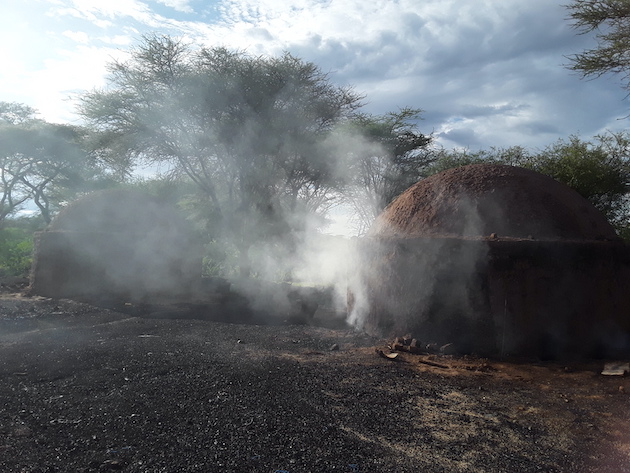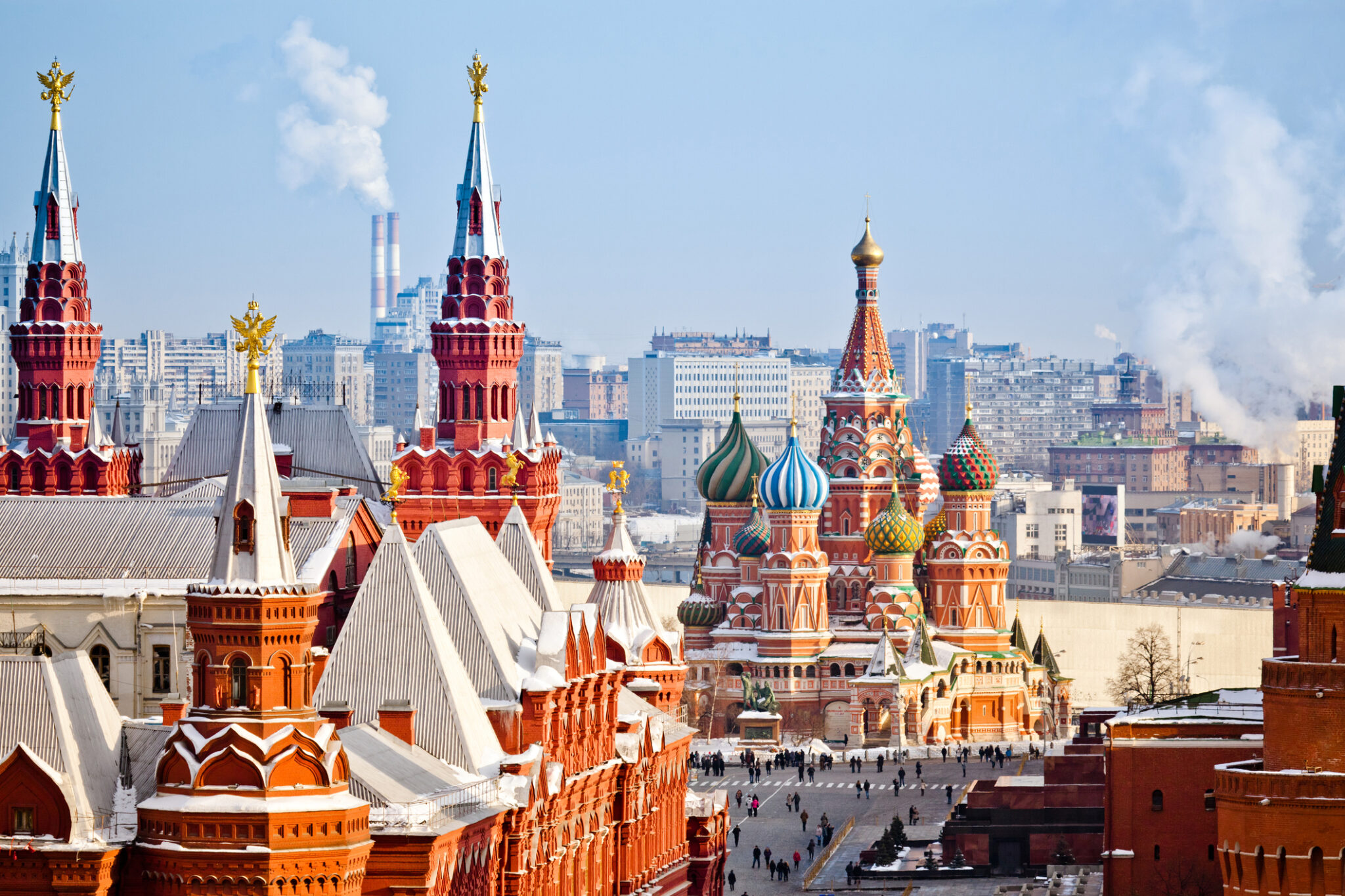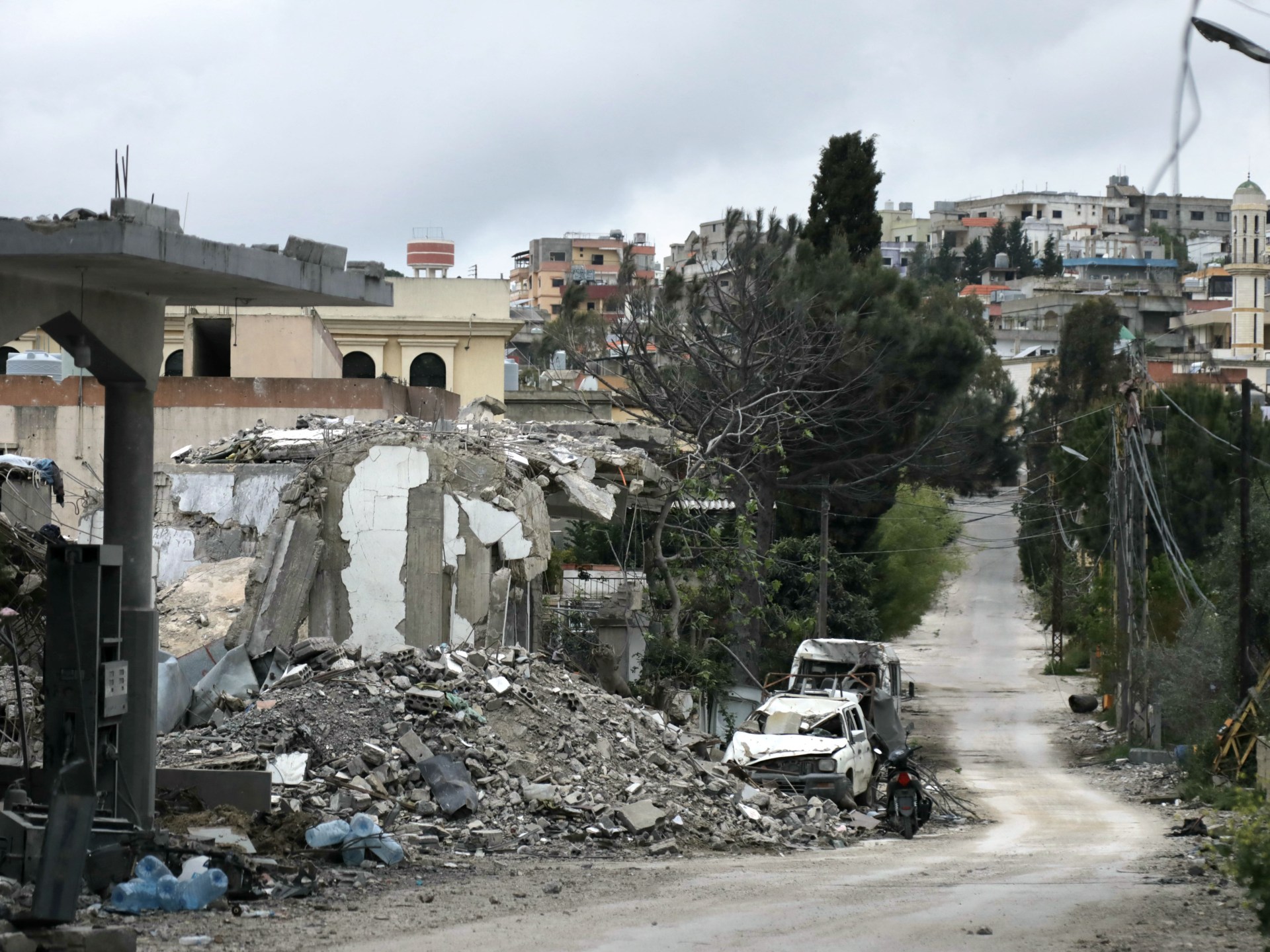U.S., other embassies in Sudan scramble to evacuate diplomats, staff
“Our goal, in this dangerous situation in Sudan, is to fly out as many German nationals as possible from Khartoum,” the ministry said on Twitter.
French diplomatic and military officials, speaking to reporters on background, said their evacuation was still in progress on Sunday. The operation is “very complicated” and could still face “difficulties,” the officials said, adding that one plane of evacuees had already left Sudan and another was expected to depart in the early evening local time.
The U.S. military successfully evacuated American diplomats and their families overnight, President Biden said late Saturday. Elements of SEAL Team 6 and the Army’s 3rd Special Forces Group took part in the evacuation, a security official said. The Americans were airlifted out on three MH-47 Chinook helicopters that flew first from Djibouti and then refueled in Ethiopia, according to a senior Pentagon official who briefed reporters Saturday night.
The scramble to evacuate foreign nationals and diplomatic staff followed the country’s collapse into civil conflict, as political tensions between rival generals erupted into violence on April 15. Gen. Mohamed Hamdan Dagalo — widely referred to by his nickname, Hemedti — heads the Rapid Support Forces (RSF), a paramilitary group whose origins trace back to the Janjaweed militias that terrorized Darfur. Gen. Abdel Fattah al-Burhan is the commander of Sudan’s armed forces and the country’s de facto head of state.
Together, the two men seized power in Sudan in 2021, toppling a civilian-led government. In December, they agreed to a draft deal on power sharing and a timeline to integrate Hemedti’s forces into the military, with the aim of transitioning the country back to civilian rule. But negotiations failed and the battles started.
The fighting has killed at least 400 people so far and injured 3,500 more, according to the United Nations. At least 256 civilians have been killed, although that is probably a significant undercount as ambulances have frequently been attacked and medical workers have not been able to collect bodies from the streets. Residents who fled Khartoum said the streets stank of death.
Sudan’s military on Sunday blamed the RSF for firing on the French convoy, while the paramilitary group blamed an air attack by the Sudanese armed forces. Both sides said one person was injured. A spokesperson for France’s Foreign Ministry declined to comment on an ongoing operation.
The United Nations is attempting to pull out international employees by driving 813 miles from Khartoum to Port Sudan, U.N. employees said. “I am heartbroken,” said one who was being pulled out. “I don’t know if I will see my friends alive again. I feel so guilty for leaving.”
But the operation to rescue diplomats leaves behind tens of thousands of foreign nationals, including 16,000 American citizens, and millions of Sudanese with no hope of safety.
Most hospitals in Africa’s third-largest nation have shut down, and aid agencies have been forced to suspend operations after staffers were killed and assaulted. Roads leading south out of the capital are bristling with militia fighters, said Adam Omer, a science teacher and pro-democracy activist who managed to make it to South Sudan.
RSF gunmen had accused his brother of being affiliated with the Sudanese army because he is very fit, Omer said, and the group they were traveling with had to pay all their money to RSF gunmen to be released. “There are dead citizens on the road who resisted,” he said. “Many dead.”
Another woman said bus drivers with whom they had been in touch to try to escape were no longer taking calls.
Some reacted angrily to the pullout, saying they had been betrayed by Western nations that backed the December power-sharing agreement.
“To the western negotiators: you put us in this mess & now you’re swooping in to take your kinfolk (the ones that matter) & leaving us behind to these two murdering psychopaths,” tweeted Dallia Mohamed Abdelmoniem, a Khartoum resident who fled after a mortar crashed into her house. “God have mercy on us cause no one else gives a damn and no one else will be merciful.”
One security analyst, who spoke on the condition of anonymity because he was not authorized to talk to reporters, said it would be “shopping day in Khartoum” as militias start looting compounds left behind. Several places had already been attacked, he said.
U.S. officials said they could not evacuate the approximately 16,000 Americans in Sudan who do not work for the government because the danger was too great.
“The vast majority of those — the numbers that have been bandied around, 16,000 — are dual nationals, Sudanese Americans,” Sen. Mark R. Warner (D-Va.) said Sunday on ABC’s “This Week,” adding that the United States was working with international partners to find a “safe way” to get them out.
“In the coming days, we will continue to work with the State Department to help American citizens who may want to leave Sudan,” said Christopher Maier, the assistant secretary of defense for special operations and low-intensity warfare. “One of those ways is to potentially make the overland routes out of Sudan potentially more viable. So, [the Defense Department] is at present considering actions that may include use of intelligence, surveillance and reconnaissance capabilities to be able to observe routes and detect threats.”
Meanwhile, internet connectivity in Sudan appeared to be at 2 percent of ordinary levels, global internet watchdog Netblocks tweeted Sunday. Shutting down the internet would cripple the attempts that Sudanese civilians have made to help save one another: sharing news of escape routes and roadblocks, which pharmacies have not been looted, and where the fighting is moving that day.
Molly Phee, the top U.S. diplomat for Africa, said Washington had impressed upon Sudan’s leaders that “nearly the entire world is united in shock at their conduct and united in their demands to cease this fighting, which is so threatening to the people and to the nation.”
“We’re also going to remain engaged with our partners who are working to end the fighting,” Phee said.
Hudson reported from Washington, Houreld from Nairobi and Timsit from London. Hafiz Haroun in Nairobi, Shane Harris in Washington and Kate Brady in Berlin contributed to this report.
Check out our Latest News and Follow us at Facebook
Original Source







